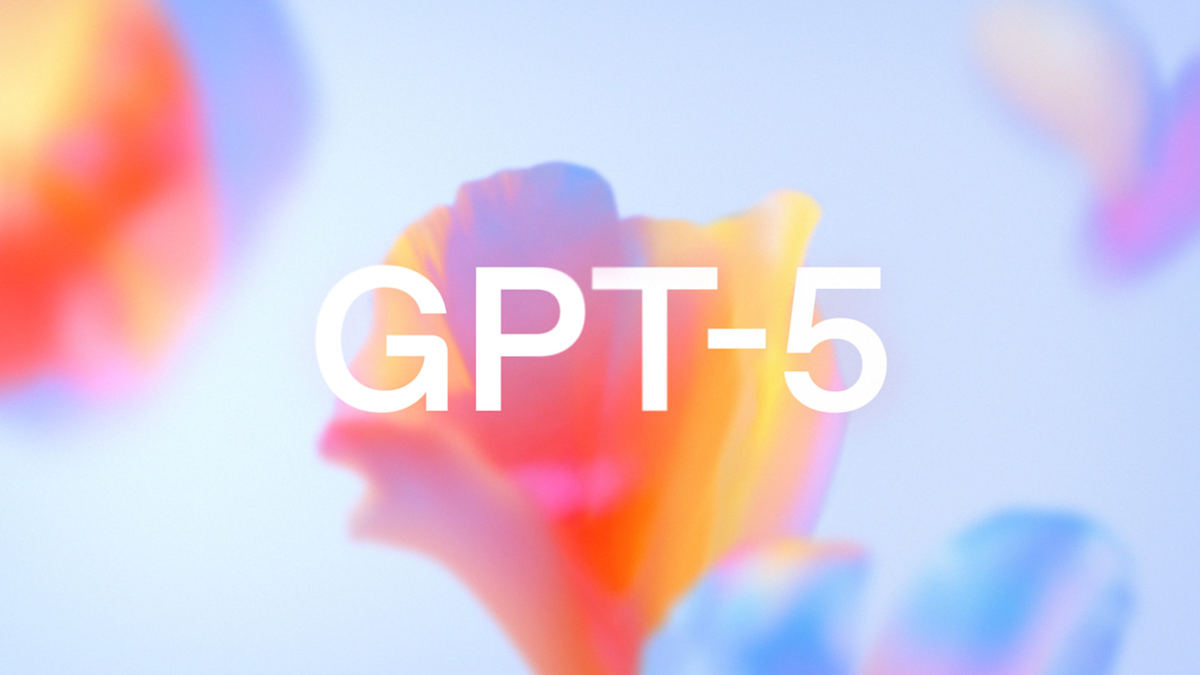OpenAI Deprecates Older Models as GPT-5 Becomes Standard Offering

OpenAI has transitioned users to its newest model, GPT-5, the company’s most sophisticated iteration to date, resulting in the immediate discontinuation of several preceding models. The shift impacts a user base nearing 700 million weekly active users, including approximately five million businesses utilizing paid ChatGPT products. Models being retired include GPT-4o, o3, o4-mini and o4-mini-high.
The move consolidates OpenAI’s offerings, effectively phasing out the option for users to select specific models for various tasks. While GPT-5 is positioned as a unified agent offering enhanced speed and reasoning capabilities, some enterprise users have expressed concerns regarding the loss of GPT-4o’s suitability for less demanding operations.
Enterprise and Education customers will retain access to legacy models for a period of 60 days before fully transitioning to GPT-5, which they will receive approximately one week after its initial launch. API users will continue to have access to previous-generation models without immediate deprecation plans.
According to OpenAI’s announcement, GPT-5 demonstrates superior performance compared to human workers in roughly 40 professional fields and exhibits a 45% reduction in hallucinations relative to GPT-4o. The suite of new capabilities extends beyond the core model, with variations including customized personalities and tones, alongside specialized versions such as GPT-5 Thinking, GPT-5 Pro (for premium subscribers), and a “mini” variant designated for lower-tier users and those reaching their regular GPT-5 usage limits.
The change aligns with previous comments from OpenAI CEO Sam Altman, who had previously noted the complexity of allowing users to choose between different models. Looking ahead, OpenAI anticipates that advancements in its AI technology—such as those embodied by GPT-5—will enable businesses to achieve enhanced decision making, streamlined collaboration, and expedited results on critical projects.









